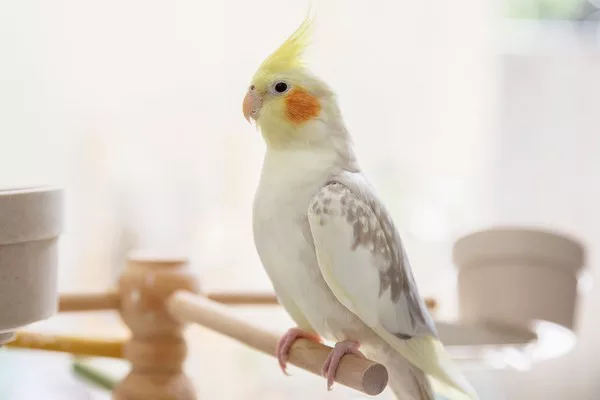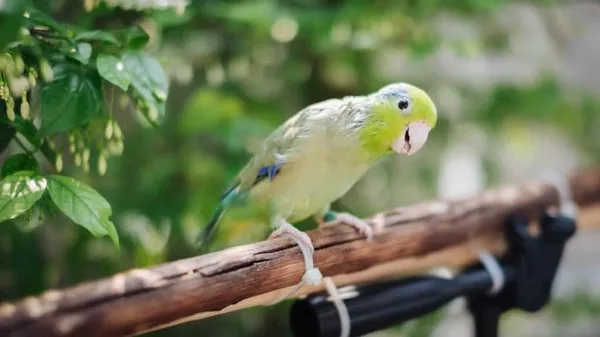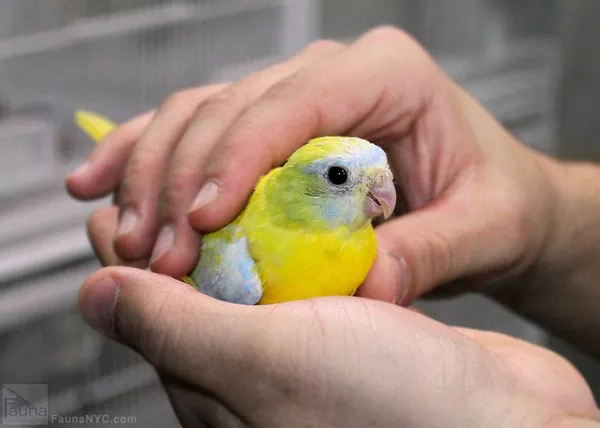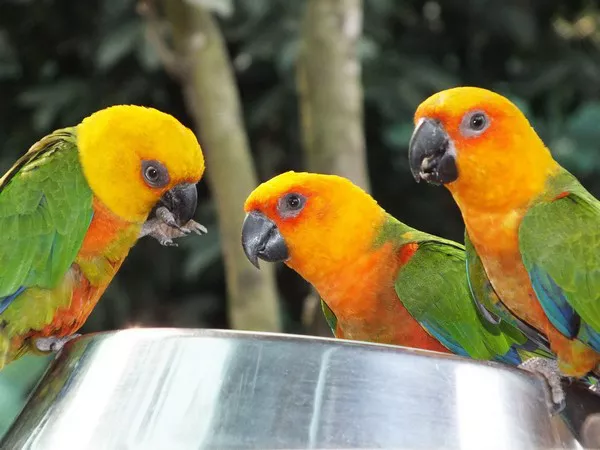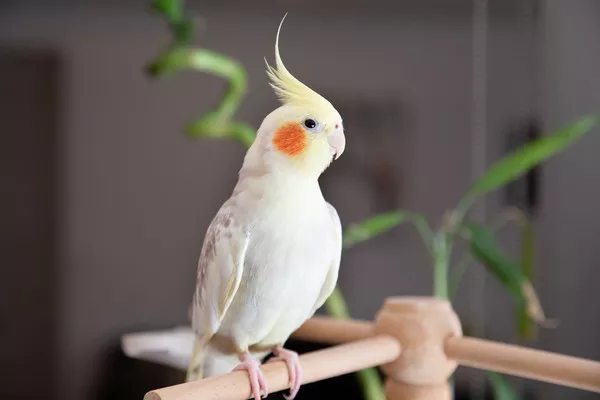African Grey Parrots, scientifically known as Psittacus erithacus, are cherished for their remarkable intelligence and captivating personalities. These parrots are not only known for their ability to mimic human speech but also for their dietary preferences. A vital aspect of caring for African Grey Parrots is providing them with a nutritious and varied diet, which includes a range of fruits. In this article, we will explore the fruits that are safe and beneficial for African Grey Parrots to consume.
The Importance of Fruits in an African Grey’s Diet
Fruits play a crucial role in the diet of African Grey Parrots as they provide essential vitamins, minerals, antioxidants, and dietary fiber. These nutrients are vital for maintaining the overall health and well-being of these intelligent birds. Incorporating a variety of fruits into their diet not only enhances their nutrition but also adds enrichment to their daily feeding routine.
Safe and Nutritious Fruits for African Grey Parrots
Apples: Apples are a popular choice for African Grey Parrots. They are rich in vitamin C and dietary fiber. Be sure to remove the seeds and core before offering them to your parrot.
Bananas: Bananas are a great source of potassium, vitamin B6, and dietary fiber. They are usually well-received by African Greys.
Grapes: Grapes are small, easy to handle, and loved by many parrots. They contain vitamins C and K and provide hydration due to their high water content.
Berries: Various berries, such as strawberries, blueberries, and raspberries, are packed with antioxidants, vitamin C, and dietary fiber. They are excellent choices for diversifying your parrot’s diet.
Papayas: Papayas are a tropical fruit that provides vitamins A, C, and E. They also contain enzymes that aid in digestion.
Mangoes: Mangoes offer a tropical flair to your African Grey’s diet. They are rich in vitamins A and C but should be offered in moderation due to their sugar content.
Kiwi: Kiwi is an excellent source of vitamin C and dietary fiber. Ensure you peel the skin before serving, as it can be tough to digest.
Oranges: Oranges are high in vitamin C, but they should be fed sparingly due to their acidity. Remove any seeds before offering.
Pears: Pears provide vitamin C, vitamin K, and dietary fiber. Like apples, make sure to remove seeds and core.
Cherries: Cherries are a tasty treat for African Grey Parrots. They offer vitamins A and C. Be cautious about removing pits before feeding.
Precautions When Offering Fruits
While fruits are a valuable addition to an African Grey Parrot‘s diet, it’s essential to exercise caution:
Variety: Offer a variety of fruits to ensure a balanced diet. Avoid overfeeding any single fruit.
Moderation: Fruits should complement a well-balanced diet that includes pellets, vegetables, and occasional treats. Do not exceed 10-15% of the daily food intake with fruits.
Seed Removal: Always remove seeds and pits, as many fruit seeds contain toxins that can harm your parrot.
Freshness: Provide fresh, ripe fruits and wash them thoroughly to remove any pesticides or residues.
Allergies: Be mindful of any allergic reactions or digestive issues your parrot may have to certain fruits and adjust their diet accordingly.
Conclusion
Incorporating a variety of safe and nutritious fruits into an African Grey Parrot’s diet can enhance their overall health and provide them with mental stimulation. However, responsible feeding practices, moderation, and attention to your bird’s specific needs are essential for maintaining their well-being. By offering a balanced diet that includes a selection of these fruits, you can contribute to the happiness and longevity of your beloved African Grey Parrot.
Recommended reading:

